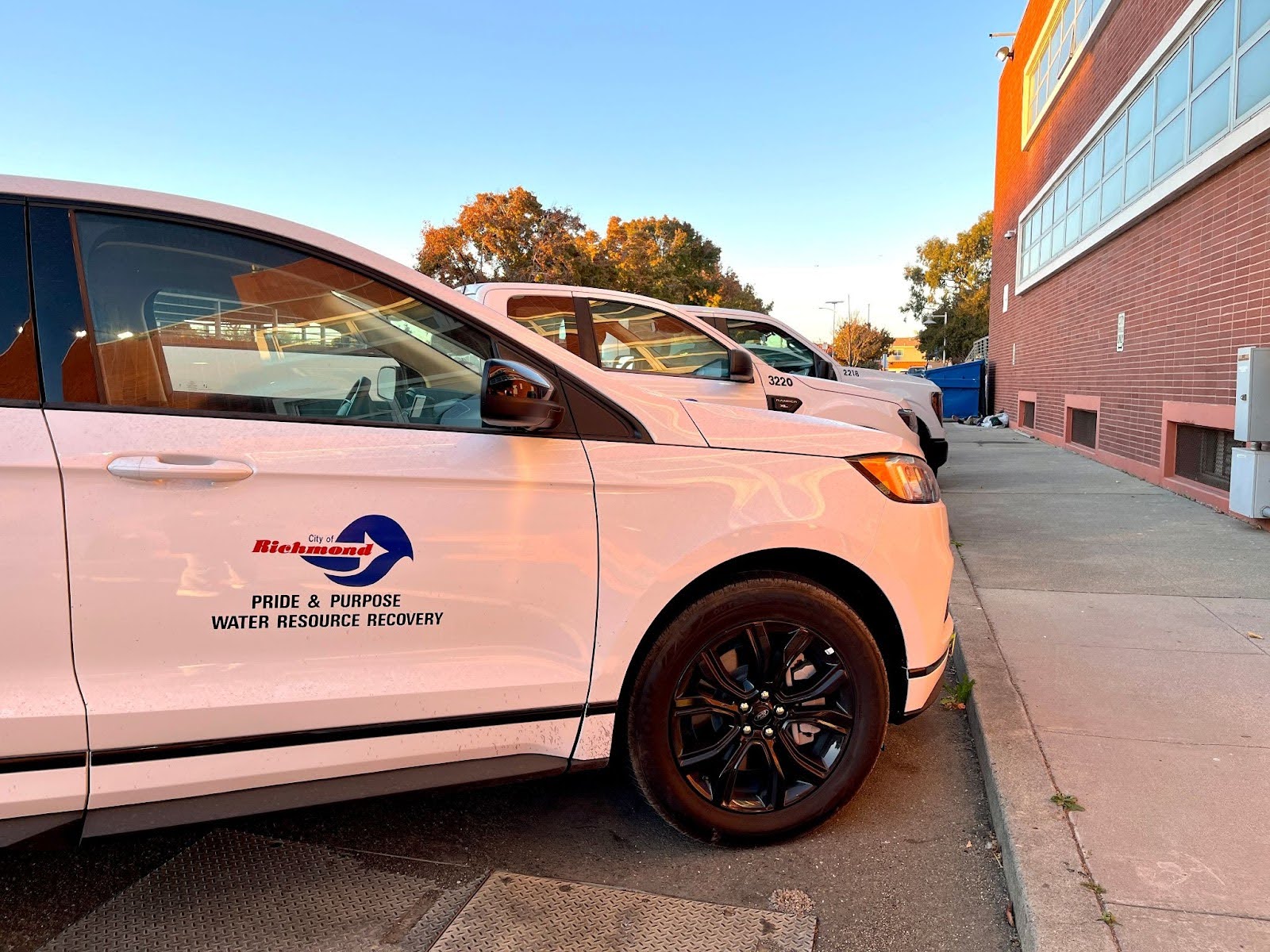Richmond City Council Partners with British Firm to Make Vehicle Fleet Emission-Free
Key Ideas
- Richmond City Council awarded a $250,000 contract to Arup US Inc. to create a Zero Emission Vehicle Fleet and Infrastructure Transition Plan.
- The plan aims to replace 400 city vehicles with zero-emission alternatives, including hydrogen fuel cell electric vehicles, aligning with California's clean transportation regulations.
- Arup will help Richmond identify clean energy substitutes for its fleet, with the transition plan expected to cost $213,100 and take six months to formulate.
- Funding for the plan, which will involve significant costs, will come from a $90 million fund provided by Chevron for community and environmental development programs in Richmond.
Richmond City Council has approved a contract worth up to $250,000 with the British consulting firm, Arup US Inc., to develop a 'Zero Emission Vehicle Fleet and Infrastructure Transition Plan.' The plan targets the replacement of around 400 city vehicles with zero-emission alternatives, including hydrogen fuel cell electric vehicles, in line with California's clean transportation directives. The aim is to adhere to the California Air Resources Board's mandate that all new passenger cars, trucks, and SUVs sold in California must be zero-emission by 2035. This initiative is seen as crucial for reducing greenhouse gas emissions and meeting air quality and climate change goals in the state. The plan also involves the installation of charging stations and hydrogen refueling equipment to support the shift towards a clean energy fleet. Arup, a renowned global firm with expertise in engineering and sustainable development, will assist in identifying clean energy substitutes for Richmond's fleet vehicles.
The contract specifies that the transition plan should outline the timeline, scale, and cost of the project. The cost, estimated at $213,100, will be covered by a $90 million fund provided by Chevron for community and environmental programs in Richmond. The transition may require significant investment, and financing strategies will be developed to support the process. While the plan is expected to take six months to formulate, the city is hopeful that the shift towards zero-emission vehicles will contribute to a more sustainable future. Richmond's commitment to cleaner transportation aligns with global efforts to combat climate change and promote environmental sustainability.
Topics
Cities
Clean Energy
Environmental Sustainability
Infrastructure Development
City Governance
Urban Innovation
Transportation Planning
Latest News
